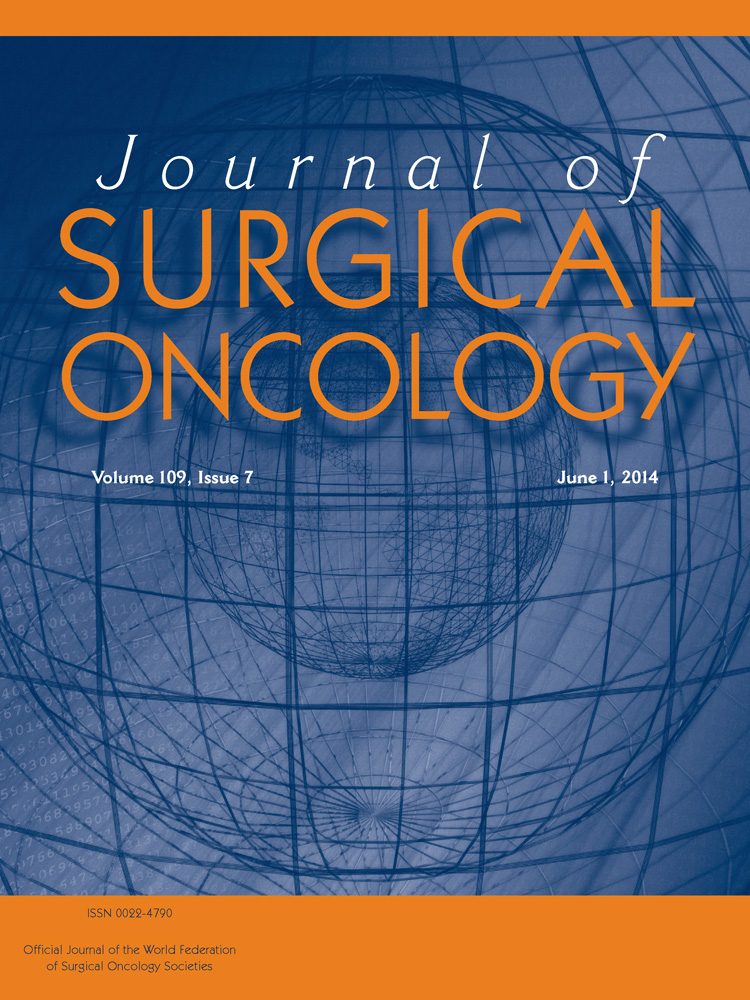Treatment strategy of rectal gastrointestinal stromal tumor (GIST)
Abstract
Background
Rectal gastrointestinal stromal tumor (GIST) is a rare entity. A retrospective analysis of outcomes from a single institution to identify treatment strategies associated with improved outcomes.
Methods
Records of patients with GIST of the rectum were retrospectively reviewed. Patient and tumor characteristics, treatment details, and outcome were evaluated.
Results
Compared with the trans-abdominal approach group, the local excision group patients had smaller size and lower location tumors (P < 0.05). Positive resection margin was an important hazard factor for DFS (OR, 7.63; P = 0.015). Among the patients with the tumor size >5 cm, those with preoperative Imatinib therapy had higher rate of a negative resection margin than those without (100% vs. 20%, P = 0.048). Among the patients with intermediate and high-risk tumors, those who received peri-operative Imatinib therapy had longer DFS compared with those without (61.3 ± 6.1 months vs. 20.2 ± 4.4 months, P = 0.030).
Conclusions
The location of rectal GIST impacts the choice of resection type. Most patients with tumors within 5 cm of the anal verge can be treated with local excision. Positive resection margin is the independent hazard factor for poorer survival. Peri-operative Imatinib therapy is associated with a prolonged DFS in patients with intermediate and high-risk tumors. J. Surg. Oncol 2014; 109:708–713. © 2014 Wiley Periodicals, Inc.




